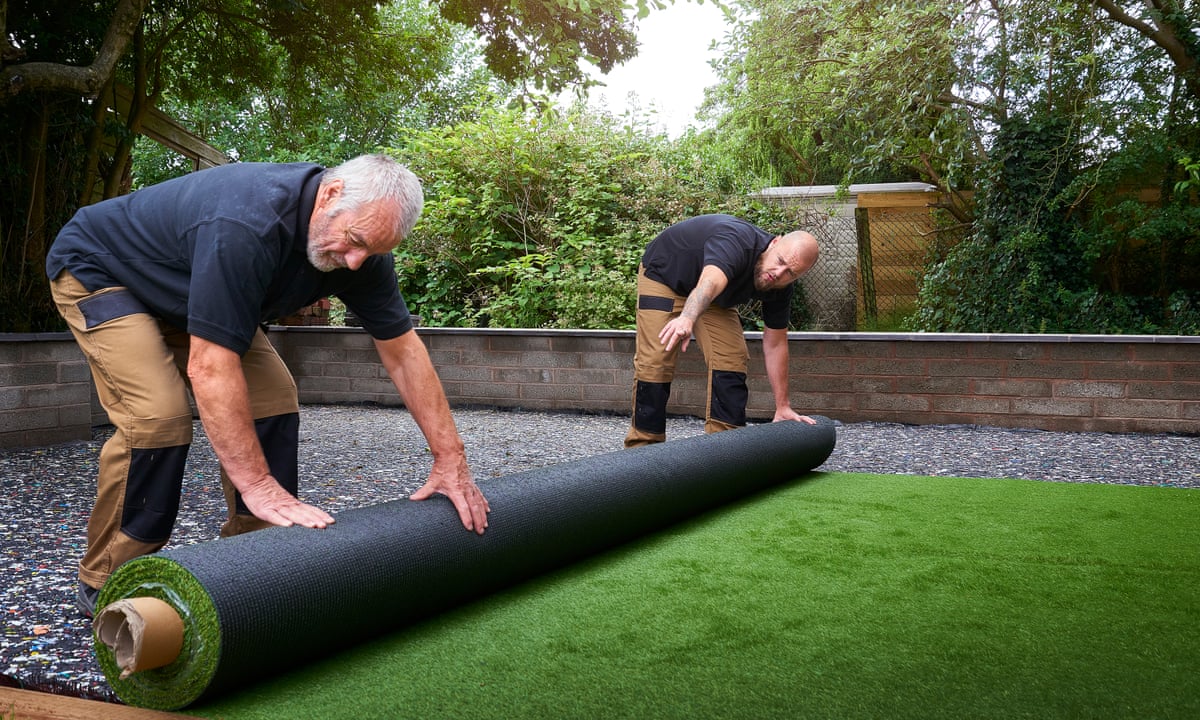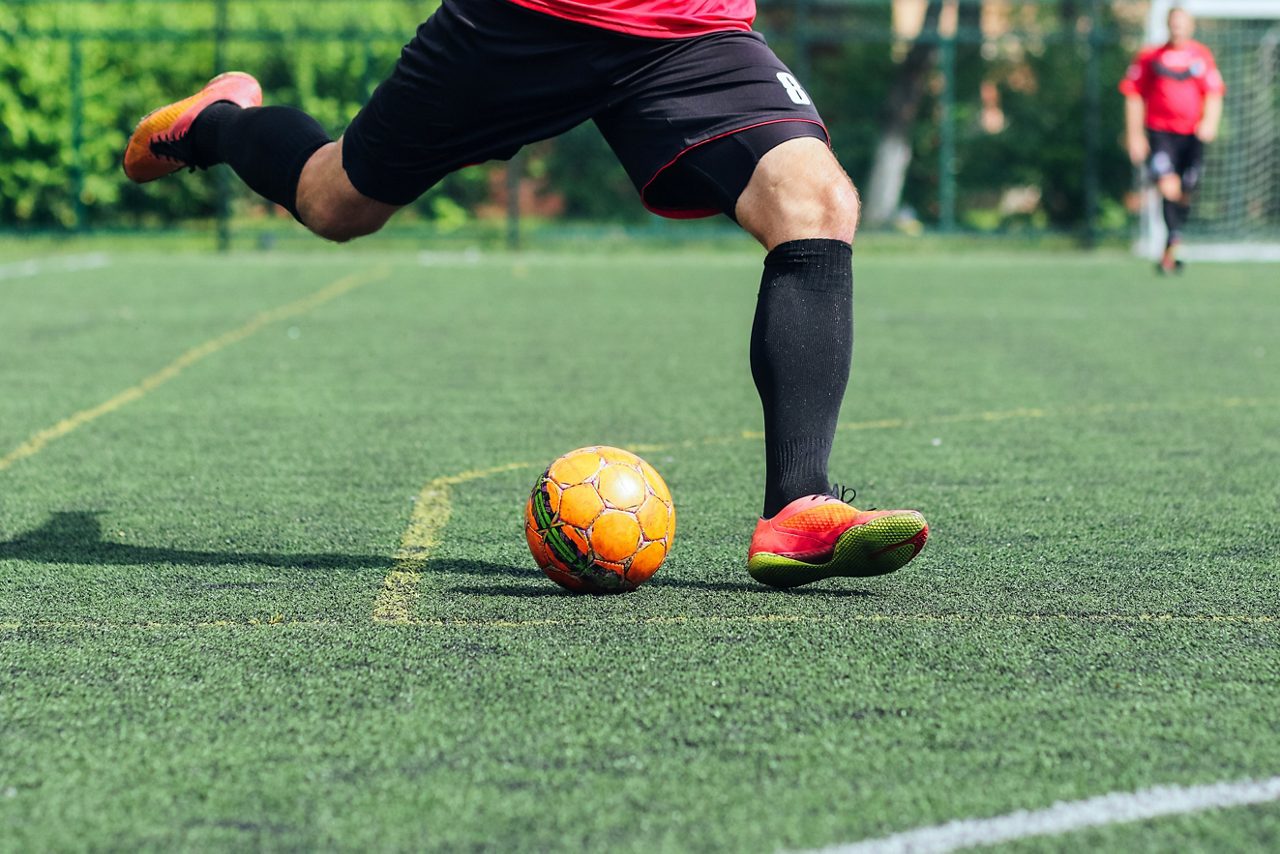Top Arizona Turf Suppliers Offering a Natural-Looking Lawn Alternative
Top Arizona Turf Suppliers Offering a Natural-Looking Lawn Alternative
Blog Article
Look Into the Environmental Perks of Opting for Artificial Lawn Solutions
The adoption of synthetic grass services offers an engaging chance to attend to pressing ecological challenges. By significantly lowering water use and minimizing the application of damaging chemicals, these options not just advertise lasting landscaping but also secure regional ecosystems. Moreover, the reduced carbon footprint connected with lowered maintenance activities contributes to a more sustainable strategy to land monitoring. The implications of these benefits extend past plain conservation efforts, increasing questions about their long-term influence on habitat conservation and total eco-friendly balance. Exploring these measurements discloses a complex interplay worth considering.
Water Conservation Benefits
Among one of the most significant benefits of man-made turf is its capacity to preserve water. Conventional yard lawns need significant watering, especially in areas prone to drought or water constraints. On the other hand, fabricated turf does not require watering, dramatically minimizing the overall demand for water resources. This attribute is specifically useful in dry areas where water deficiency is a pushing worry.
By removing the demand for routine watering, synthetic grass adds to sustainable landscape practices and aids reduce the ecological effect of extreme water intake. Furthermore, the conservation of water prolongs to the decrease of runoff, which can result in soil erosion and river air pollution.
Additionally, the setup of synthetic grass enables homeowners and communities to assign water sources much more effectively, concentrating on necessary usages such as alcohol consumption water and agriculture. The change towards man-made lawn not only advertises accountable water use however additionally straightens with wider environmental goals intended at maintaining natural deposits.
As areas significantly focus on sustainability, the water conservation benefits of fabricated lawn offer an engaging situation for its fostering in business and household landscape design jobs.
Minimized Chemical Usage
The transition to synthetic grass significantly lowers the dependence on chemical therapies frequently used in all-natural yard maintenance. Conventional lawn administration usually entails the application of plant foods, pesticides, and herbicides to advertise growth and control bugs. These chemicals can pose dangers to human wellness, regional wildlife, and the environment, adding to dirt and water contamination.
In contrast, synthetic grass gets rid of the requirement for these harmful materials. As soon as installed, it requires marginal maintenance, primarily including routine cleaning and infrequent infill replenishment. This decrease in chemical usage not just profits the instant atmosphere however additionally contributes to broader ecological stability. By lessening the release of artificial substances right into the ecosystem, synthetic grass advertises healthier dirt and water supply.
Moreover, the absence of chemical drainage connected with fabricated grass installments aids secure neighborhood waterways from pollution, sustaining aquatic life and keeping biodiversity. Arizona artificial turf. As neighborhoods progressively focus on sustainable practices, selecting synthetic turf provides a viable service that aligns with ecological preservation goals. Via this change, residential or commercial property proprietors can enjoy rich eco-friendly spaces without compromising eco-friendly health, leading the way for a more lasting future
Lower Carbon Impact

Furthermore, the setup of synthetic grass can cause substantial water preservation. Natural yards need significant quantities of water for irrigation, which not only contributes to the carbon footprint related to water extraction and therapy but additionally strains regional water resources. In comparison, fabricated turf needs very little maintenance, requiring no watering, thereby considerably reducing water usage and its connected power prices.
Additionally, the durability of synthetic grass adds to its reduced carbon impact. With a lifespan of up to 15 years or even more, the requirement for regular substitutes is lessened, causing less waste and reduced power intake in manufacturing and dealing with typical grass choices. In general, synthetic grass provides a lasting alternative for ecologically conscious landscape design.
Environment Conservation
Habitat preservation is a critical consideration in the discussion over landscaping selections, especially when comparing man-made turf to natural turf. Natural grass lawns often call for substantial upkeep, consisting of making use of herbicides, pesticides, and fertilizers, which can detrimentally influence neighborhood ecological communities. These chemicals can seep into the dirt and rivers, harming native vegetation and animals and interrupting neighborhood habitats.
On the other hand, synthetic grass offers a chance to lower the environmental footprint of landscaping. By opting for artificial turf, property owners can reduce the disruption of all-natural habitats related to traditional grass treatment methods. Synthetic grass gets rid of the demand for hazardous chemicals, consequently securing nearby wild animals and maintaining the stability of bordering environments. The setup of fabricated turf can lead to the conversion of previous grass locations into more biodiverse landscapes, such as pollinator gardens or native plant areas, which can support neighborhood wildlife.
Eventually, the shift to synthetic grass not just saves water and decreases upkeep initiatives but likewise promotes a much more harmonious partnership in between human tasks and the native environment, advertising habitat conservation at the same time.
Long-Term Sustainability
Long-lasting sustainability is an essential element in examining the advantages of synthetic grass over standard yard news yards. One of one of the most considerable benefits of synthetic grass is its toughness; it can last as much as 15-20 years with marginal upkeep, whereas natural yard requires constant reseeding and substitute. This durability reduces the demand for constant sources, such as water, fertilizers, and chemicals, which are necessary for maintaining a healthy turf yard.
Furthermore, fabricated turf contributes to a decrease in carbon exhausts related to lawn treatment equipment. Typical grass commonly need gas-powered mowers, trimmers, and blowers, all of Home Page which add to air pollution. Artificial turf companies phoenix. On the other hand, synthetic grass eliminates the need for such devices, promoting a cleaner setting
Furthermore, the production of fabricated grass progressively utilizes recycled materials, boosting its sustainability profile. As producers adopt eco-friendly techniques, the ecological footprint of artificial lawn remains to lessen.

Conclusion
The adoption of synthetic grass solutions provides substantial ecological benefits, consisting of considerable water preservation, lowered reliance on harmful chemicals, and a reduced carbon footprint. In addition, synthetic grass help in maintaining all-natural environments by minimizing land disturbance and promoting long-term sustainability with making use of resilient materials. Jointly, these elements underscore the potential of synthetic grass to add positively to environmental health and wellness and article source offer a practical alternative to traditional landscape design methods in a significantly resource-conscious globe.
In contrast, synthetic lawn does not need watering, significantly decreasing the overall demand for water sources. By lessening the release of artificial substances right into the community, synthetic turf promotes healthier dirt and water systems.
In addition, the installation of fabricated turf can result in significant water conservation. In contrast, synthetic grass needs very little maintenance, calling for no watering, therefore dramatically reducing water use and its connected power expenses.

Report this page